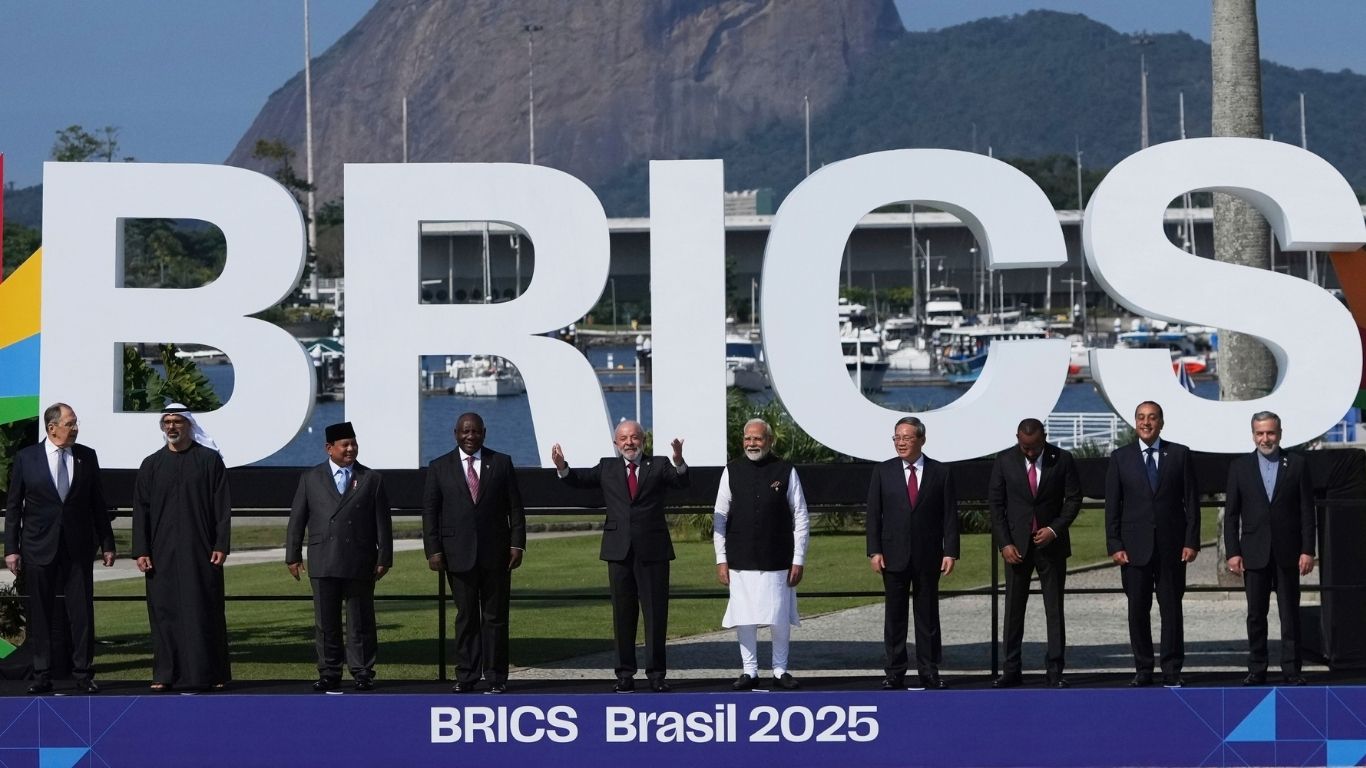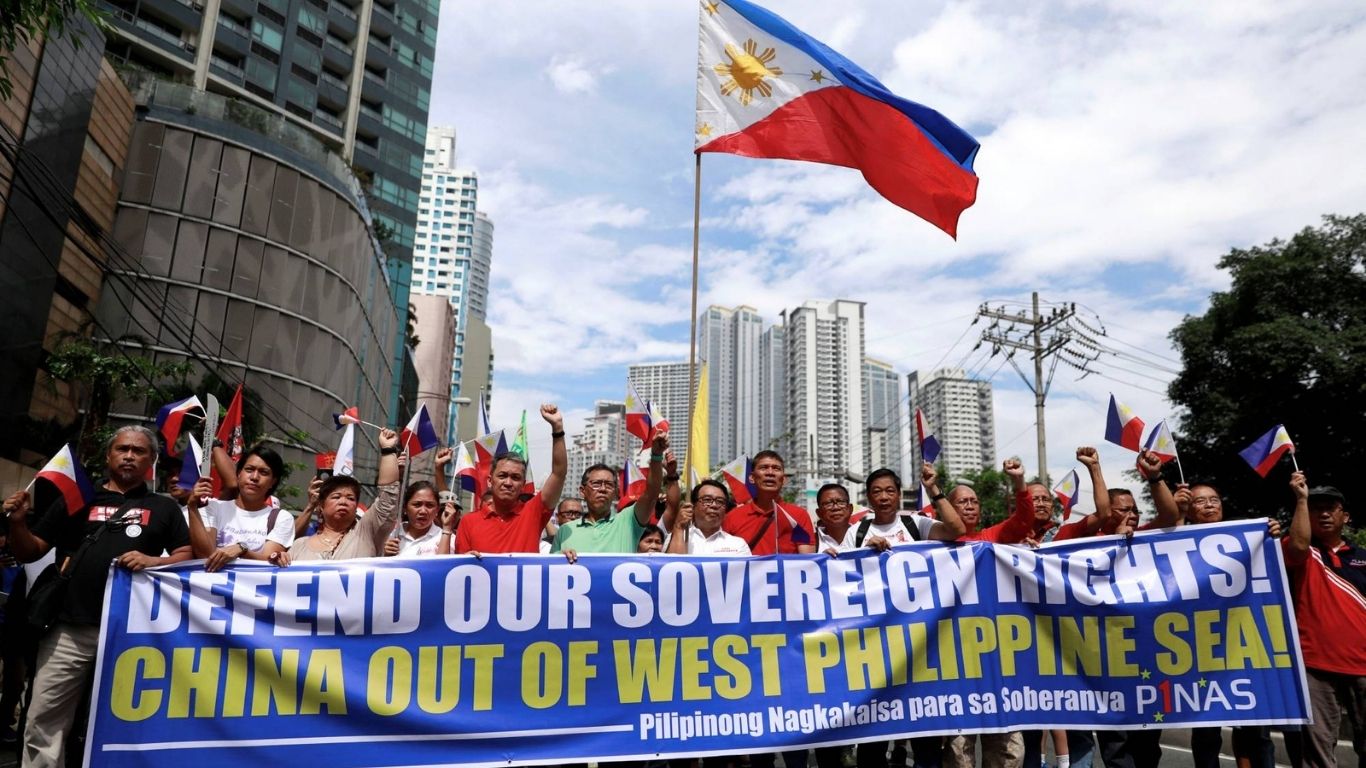Increasing intensity of aggression involving Gaza has incited people across the world to seek justice for leaders and nations involved in the conflict.
Activists have recently criticized the International Criminal Court (ICC), claiming that the recent arrest warrants for several Israeli officials for war crimes are woefully inadequate. They are now shifting their focus to other actors, including US President Joe Biden, whose administration policies they accuse of encouraging Israeli regimes to breach international law.
The context: a region in turmoil
“The war has taken its toll on Gaza, known to be the largest open-air prison in the world.”
Since the start of the recent conflict in Gaza, the total number of deaths has risen to thousands, with many of the casualties being women and children. Humanitarian organizations’ reports paint a grim picture of haphazard attacks, supply chain seizures, and people without access to basic essentials.
Global reactions to this have been equally varied. Many countries have recently voiced their opposition to the violence, but some of Israel’s western democratic partners have faced rare criticism for their lack of outspokenness or active participation.
“However, activists can find solace in the fact that the US has been providing financial, military, and diplomatic support to the Israeli regime.”
Calls for U.S. Accountability
Human rights activists and organizations have widely criticized the conflict due to the role of Biden’s administration. Critics claim that the US, through military aid and weapons, has provided Israel with billions of dollars and military platforms, which it has used to kill innocent civilians in Gaza.
“These arguments have prompted some to advocate for charging President Biden and other senior officials in the same manner as Israeli leaders.”
Some have argued that the US’s involvement in this conflict extends beyond mere observation. Critics insisted that because the U.S. supports and supplies Israel with money and weapons, it is partly to blame for the killings. They argue that accountability should extend beyond key offenders to include those who provide facilities and political support to war criminals.
The ICC and Its Function and Constraint
The ICC has issued warrants against Israeli leaders, marking a significant advancement towards justice. However, civil society actors remain dissatisfied with the imperatives of international law.
“Justice cannot be selective. If we apply international law, we must hold all participants in war crimes accountable, be they Israelis, Americans, or anyone else,” one activist expressed dissatisfaction with the court proceedings, quipping.
They emphasize that concentrating on individuals, which is an ICC’s strength, may lead to missing the big picture, namely state policies and the part played by foreign governments.
The Human Cost of U.S. Policy
The regrettable consequences of U.S. foreign policy in the Middle East are very many. Detractors claim that Washington supports Israel to deepen the conflict and suggest that its support for Israel compromises its status as a human rights-promoting country.
“Sadly, the U.S. has protected Israel through the annual practice of using its veto powers to prevent any unfavorable United Nations resolutions against the regime.”
For the Palestinians in Gaza, this means prolonged suffering. Bombs purchased with U.S. taxpayers’ money have killed people and destroyed houses, hospitals, and schools.
“On the other hand, with the U.S. aid equipment, the blockade has transformed Gaza into a humanitarian disaster.”
The Demand for an Anti-War Movement
In response to this crisis, activists are advocating for a renewed opposition to war in the United States of America. They think that community mobilization is the key to changing the hearts and minds of the general public and forcing decision-makers to rethink their approach to Israel.
There are countless examples where public dissent can effect change, such as the protest against the Vietnam War or the U.S. invasion of Iraq. Such a campaign has occurred in the past decades, and activists aim to replicate these successes by forming coalitions across racial groups and emphasizing the moral and economic consequences of supporting war and occupation.
Global Solidarity: How the Citizens of the World Should Unite
However, in addition to calls for American accountability, the international community is demanding action. This entails imposing international isolation and sanctions on Israel, akin to those imposed on apartheid South Africa, and imposing an arms embargo to weaken its military power.
They argue that these measures are necessary to compel Israel to abandon its occupation of Palestinian territories and engage in serious peace negotiations. Advocacy groups, such as BDS, have initiated global protests on the ground, urging people, firms, organizations, and companies to cease their support for Israeli businesses that violate human rights.
The activists view these attempts as crucial in establishing the necessary economic and political delegation.
Challenges Ahead
However, the momentum for demanding accountability is faced with challenges. After conducting the research, I found that the relationship between the United States and Israel is one of the most powerful bilateral partnerships in the world, based on strategic cooperation and political affiliations.
It would be a challenge to bring about any change in existing policy because there are numerous powerful organized groups and set beliefs that present any critique of Israel as being traitorous and anti-Semitic. Additionally, international instruments on gender crimes, such as the ICC, are political restraints.
People wonder whether the court will ever put leaders like Netanyahu or Biden on trial, as it depends on member states to commit their leaders to stand trial.
The Moral Imperative
For most, accountability goes beyond legal requirements. This moral motivation stems from the extreme suffering that the people in Gaza endure, as well as the fundamental principles of justice and equity.
They assert that not only does the international community make imperfect compromises, enabling powerful parties to ignore the consequences, but it also fails to identify and eliminate the root causes of the conflict.
“Tomorrow, when history will judge us,” said a famous human rights activist. “Will we watch and allow war crimes to happen, or will we ask for justice regardless of how distasteful it sounds?”
Conclusion: A Call to Action
At individual, community, regional, and global levels, the ongoing war in Gaza underlines the need for accountability. No individual, or any organization for that matter, should be untouchable, from those who actually carry out the violence to those who support such conduct.
People have demanded that the world shift its approach to addressing such conflicts to one of solidarity and the struggle for systemic change with respect to human rights.
Thus, the call to do something increases as the situation in Gaza deteriorates. Their continued struggle—whether through global legal instruments, local services, representative photos, or global solidarity campaigns—makes the struggle for justice in Gaza far from over.




